I am still in Independence Day mood.
It is the first week into the start of the next chapter in the story of a country called Nigeria.
Let us project and call it ‘Nigeria in 2080’, a peep into the future. What do I see?
I am looking again at my sector – the sports sector. An item confronts me. Permit me to wade gently towards it. Probably, at the end, I will make some sense of my niggling thought.
Experience is a great teacher. It cannot be bought in the market place. I realise I have plenty of it in Nigerian sports. It is only after gaining an experience that one can say with conviction that ‘I know’, and be taken seriously.
Last week, Nigerians from all walks of life, in all media, reviewed the performance of the country since she became Independent. It was meet and proper to take stock and to conduct an audit of how the country has fared in 60 years.
Unfortunately, the unofficial consensus is that the country has not done as well as she should and could have. Another consensus is that the country is presently drifting and listing in the turbulence of different internal crisis. What is clear is that there is poverty, hunger, insecurity, a weak economy, serious infrastructural underdevelopment and political hara-kiri across the land, and with no end in sight. No sector is immune from the gloomy atmosphere that pervades every nook and cranny. Considering the initial giant steps the country took at ‘birth’ to advance far ahead of some of its peers in virtually all fields, the scorecard after 60 years is not complimentary. Nigeria has failed!
The country’s biggest achievement may be that despite all the chaos and crisis that bedevils her, the country has not broken up. There are still the embers of the fire to keep it one and united.
I have been a witness to the 60 years of the country’s existence. Those years contain invaluable experiences that must shape the future. The first thing to do now is to depress the restart button of sports development immediately.
I shall go back to Nigeria’s foundation, back to the era when the country succeeded in sports development to take some useful background lessons, because the country cannot afford to walk old failed paths. It must hold a breath and take a cue from more successful models of development to chart a new course, determined never to go back to aspects of experiences that derailed the original vision.
There are isolated periods in Nigeria’s history that represented a time when we were on the right track to proper development. I shall drink lavishly from those periods. There are also several incidences and things that derailed the initial process of growth. I shall avoid those like a plague.
So, here I am, depressing the restart button. There should be a new sports culture.
Sports development should be re-anchored to schools. The schools have the population, well-trained sports teachers and very basic facilities to promote mass participation of all children in sports.
That means, a solid relationship must be built between sports and education. They must come under one roof for effectiveness, proper monitoring and management. Operating sports and education under two ministries did not work well in Nigeria. There was always a huge gap in the development process when the sports ministry’s programmes did not fit into the curriculum and agenda of the education ministry. Every effort to make them work harmoniously and seamlessly in producing athletes has not succeeded well.
What makes sense, therefore, is to borrow a leaf from the practice in Ghana that has been working well for the country – combine the ministries of Sports and Education and make them one ministry, a Ministry of Education and Sports.
This idea that this could be the answer to Nigeria’s grassroots development programme dawned on me when as Chairman of NASCOM, a committee set up by President Goodluck Jonathan to revive academicals sports in Nigeria, I found that for sports to thrive properly at grassroots level, there must be a perfect synchronization of the programmes of the ministries of sports and education. Managing them separately has produced more problems than solutions. What is required is to doing something different. That’s why in projecting into the future, the idea of collapsing the two ministries into one is attractive and is worth exploring. The system is working well in Ghana. This new Ministry will be entirely responsible for grassroots sports development.
However, grassroots sports must be clearly defined and delineated as sports from cradle to the end of secondary school education. It shall be funded by States and Federal governments, school owners and Parents, Teachers Associations (in the case of private schools). Corporate organisations that want to play a part in this development train through sponsorships of any sort shall do so Corporate Social Responsibility purposes only, and shall enjoy the benefits and incentives that come with it, like tax breaks, rebates, government patronage, and so on.
The Nigeria Schools Sports Federation, an umbrella body of State coordinators of sports within schools with offices in all the State Ministries of Sports and Education, will drive grassroots sports development in the country almost exclusively. They will be fully empowered with funds to organise competitions, identify the best in schools, and provide the list of athletes from which elite sports development proper will be harvested.
Elite athletes sports development will be the exclusive responsibility of a National Sports Commission, a separate Federal Government parastatal, that must exist and may be supervised by the new Ministry. The NSC shall identify the best young talents in the country, assemble them, design development paths for them, hire professional coaches in all sports to train and prepare them in readiness for representing the country in international competitions. The commission shall also manage the major federal government facilities and sports institutions in the country. The commission shall have all the prerequisite departments for training, facilities, science, research, higher education, coaching, sports medicine, groundsmanship, etc. This is not rocket science. It was there in the past, one of the few things that worked well and deserves to be revisited. The National Sports Commission and its activities shall be funded by the Federal Government.
Corporates that want to use the NSC and its programmes for social inclusion and even commercial purposes may do so and be accorded the status of Corporate Social Responsibility projects so that they can enjoy the benefits that accrue to such sponsors.
The State sports associations, and the national sports federations are entirely independent private organisations. They are an association of private clubs and affiliates. They are in business and their responsibility is to promote the business of sports through the clubs, events, trainings, merchandising, production, competitions, and so on that they organise, locally and internationally.
They must fund ALL their programmes, competitions and other activities through membership subscriptions, shareholding, sponsorships, licensing and marketing of rights (including broadcast rights) for their competitions. In short, they shall guide and lead the clubs into the vast world of sports business.
There is a blurred area that often creates conflict in understanding and execution. There are some specific international competitions where national teams are involved. Federations register countries for these competitions and present the national teams. They, necessarily, have to work with the federal government agency in charge of all national teams, the National Sports Commission. That is the blurred area. For such major events, primary funding should be government’s responsibility but because some of the events attract huge sponsorship interest and funds, government should only provide the deficit (if any) in funds secured from external sources for the competitions.
Previous federations have abused the unclear nature of this area of funding international competitions by collecting all the funds for the competitions from government and ‘pocketing’ all the funds they may secure from other sources for the same competitions.
Should such funding for promoting the businesses, services and products of sponsors be assigned as Corporate Social Responsibility? Should the sponsors enjoy the privileges of incentives attached to sports development programmes only?
Let us think about it because federations and clubs are private business organisations themselves and should be driving the business of sports.
Just trying to think outside the box a little.


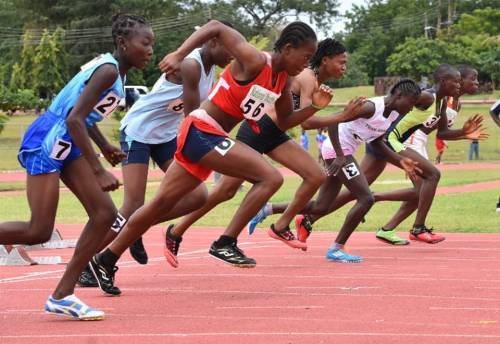
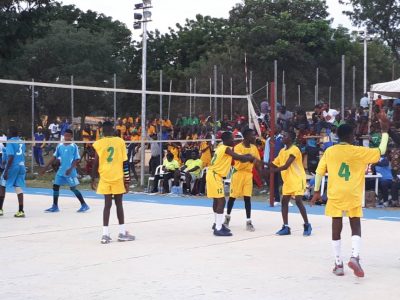
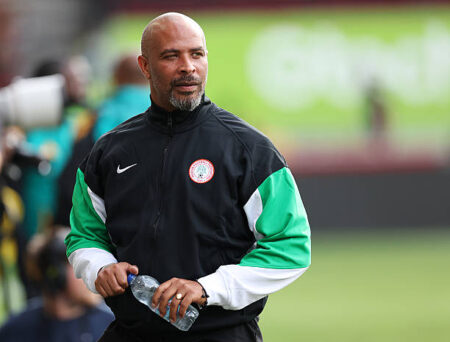
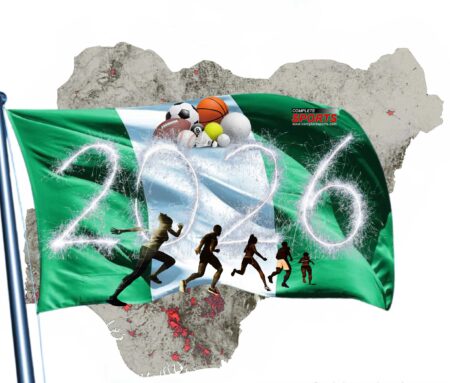
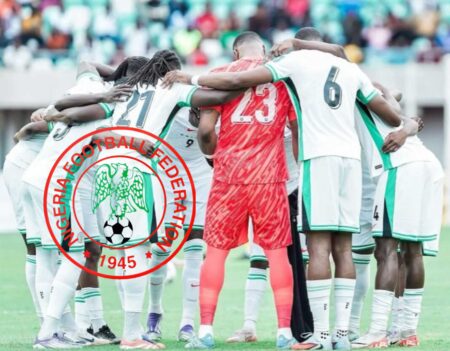
1 Comment
Uncle Segun, you can’t be less correct. Brilliant submission and timely contribution aimed at solving the problems in our well loved sports sector in Nigeria. My warm regards to your Brother in Rivers State, Chief Barrister (Hon.) Adokiye Ameisimaka.